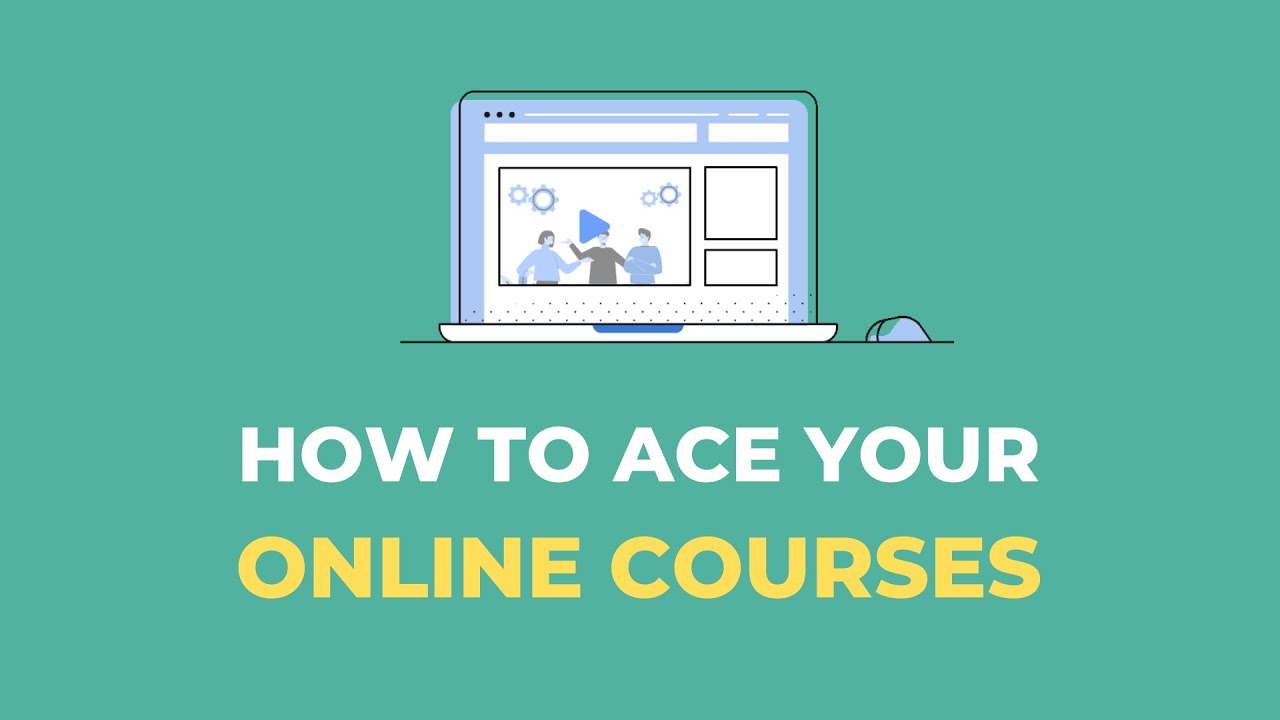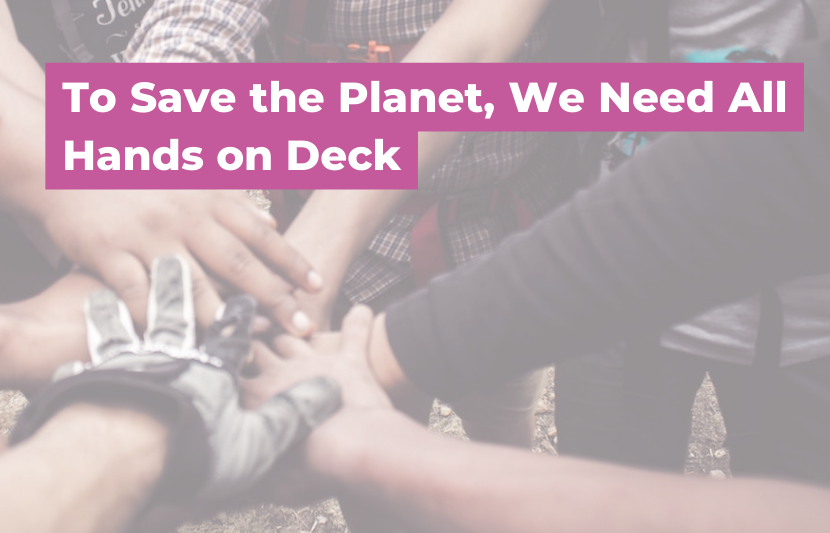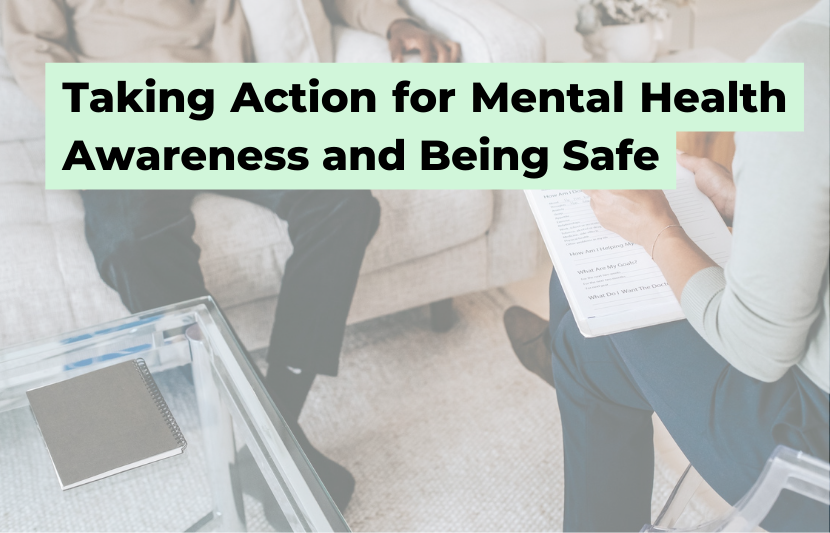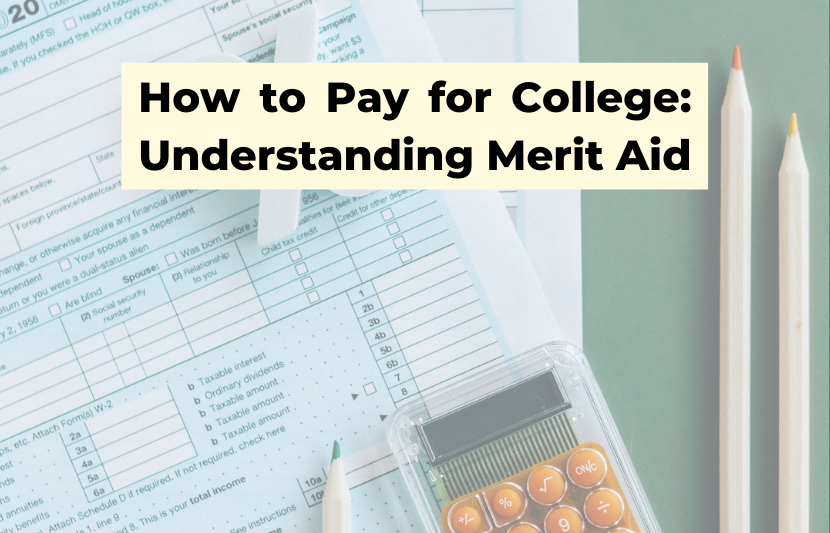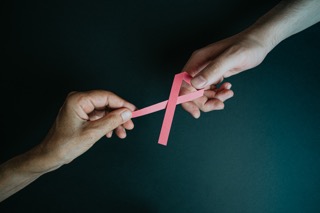In this episode of TUN TV, Dr. Crystal Rose interviews Dr. Loren M. Hill, founder of The Acclivity, to discuss the warning signs and actions for suicide awareness and prevention.
Dr. Crystal Rose: Welcome to The University Network TV. I’m your host today, Dr. Crystal Rose. Welcome to our featured series “Exploring Mental Health Awareness.” And today, we’re talking about actions for suicide awareness and prevention.
For this series, we’ve invited Dr. Loren M. Hill, a clinical psychologist, academician, and coach.
Welcome, Dr. Hill.
Dr. Loren Hill: Thank you so much, Dr. Rose. I’m happy to be here talking about this very serious subject with you.
Dr. Crystal Rose: Today, we’re going to talk about what to look out for and recognize that “fine” is not a feeling.
We’re going to talk about the signs and warnings that you or someone you know need to get help.
Dr. Loren Hill: Oftentimes, when we ask people “How are you doing today?” they’ll say, “I’m fine” or “I’m okay.” And those aren’t feelings. So, we definitely want to understand what feelings are and give them names.
Dr. Crystal Rose: Let’s start with the warning signs. We have the mnemonic device, GET HELP. We’ll start with G. And for “G,” we have generally not feeling well.
Dr. Loren Hill: Not feeling well can mean a number of things. It can mean that physically, I don’t feel well, or emotionally, I just don’t seem like I’m my best self.
We need to understand that we have a range of emotions, so sometimes we’ll feel happy, sometimes we’ll feel sad, sometimes we’ll feel mad, sometimes we’ll feel glad, and there could be anything within that spectrum. So, if you feel, more days than not, you’re not your general self, then you might want to talk to someone.
You may feel very sad or down, or you may be wanting to withdraw. You’re pulling away from others. You’re not enjoying yourself. We want to be mindful of that.
Now, you might have some times where you really just want to be alone. We’re not talking about that. We’re talking about, more days than not, feeling isolated, feeling sad, feeling depressed. Then you want to get help.
Dr. Crystal Rose: Next, I have “E,” which really is about emotions, and we broke this down further into the ABCs.
First, I have “A” for anxiety. Could you talk a little bit about that in the context of what to look out for and what may be a warning?
Dr. Loren Hill: We all may feel a little nervous if we’re going into a new situation. We may have a talk that we have to give, or maybe there’s a test that we’re going to take. So, you might feel a little nervous, and that’s natural. Sometimes, I would tell my graduate students, if you don’t have a little bit of nervous bundle going on, then we need to have a discussion because most people feel nervous in some situations.
But then we can move a little further. You are so anxious, your stomach aches. You can’t think about the next steps. You feel like you aren’t going to be able to pass, that you’re going to fail all the time. You just are anxious.
High anxiety about these situations, whether that’s speaking in public, and that could be in front of your class doing a group project, it could be taking a test, it could just be talking to people, and you feel these bundles inside of you. And it’s difficult to get past that.
So, that’s where we go from being nervous to being anxious.
Dr. Crystal Rose: At first, it was a lot more generalized to the situation and then as you progressed in the severity, I was hearing that it was almost kicking on a somatic or a physical expression as well.
Dr. Loren Hill: Absolutely. Even when you’re nervous, you may have some butterflies in your stomach or maybe your palms are a little sweaty. But what we’re talking about in terms of anxiety is that it’s extremely heightened.
And some of us experience mild anxiety from time to time, but if it gets to the point where you really feel like you can’t function, you cannot move into this next area comfortably, then you definitely need to get help.
Dr. Crystal Rose: I have “B” now for behaving in a way that is out of sync with the context in which you’re in or that people are noting.
Dr. Loren Hill: That can go either way. You might be withdrawn. You feel like you just cannot go about your daily activities. You can’t study. You can’t engage with people. You can’t have any fun. So, you are moving inward and not outward.
But then there could be the other side of it where you are just happy all the time, you’re doing a bunch of things, and we might call that a manic episode. There are times when you may take some caffeine or one of those energy drinks to power through a test, study, that sort of thing. We’re not really talking about that. We’re talking about something that is prolonged and extreme.
So, behaviors that are extreme are what we want to be mindful of and when we need to get help.
Dr. Crystal Rose: Moving on to “C” with loss of connection or loneliness, and you touched on that a little bit before. But can we look at the range and the areas where we really should recommend getting help?
Dr. Loren Hill: We want to be thinking about situations where you just may want to be by yourself. You just want to be alone. You want to shut out the world. And that’s okay because we do need those times to regroup and re-energize. But, normally, we re-engage. So, we disengage, then we re-engage.
Now, when you’re getting to the point where you’re isolating, where you aren’t returning phone calls, you’re not responding to people who are reaching out to you, and you are sinking more and more inward, you’re isolating, you’re disconnecting, and you’re not reconnecting, you want to get help.
Dr. Crystal Rose: Now we’re moving on to “D” for depression. When is it really depression? What are some of the signs?
Dr. Loren Hill: Some of the signs are ongoing sadness.
You may feel low energy from time to time. You may even have situations that would be appropriate for you to be sad, like loss of a loved one, a pet dying, or something along those lines. If someone is sick, you would feel sad about that.
But with depression, it’s continuous and ongoing sadness, this low feeling that you really just can’t come out of. You don’t want to get out of bed. You don’t want to go about performing your daily activities, tasks such as even brushing your teeth. How about I can’t even get out of bed? So, when you are sad at that level where you just cannot do anything, you definitely want to get help.
Dr. Crystal Rose: That’s good to keep in mind, continuous and ongoing sadness in a way that daily activities are impacted.
Now we’re moving on to the “T” from GET, taking substances in the realm of self-medication.
Dr. Loren Hill: Taking substances are taking things into your body that substitute or help to change how you’re feeling. People might be feeling sad, so what do they do? They take something that may make them feel elevated. So, those are uppers. Or somebody may feel too high, so they’re bringing something in to bring them down. So, that will adjust.
The other thing that we were thinking about in terms of what can adjust your feelings could be food, it could be alcohol, it could be a number of things. It could even be staying on gaming all day long because that is removing you from dealing with the emotional situation that you should be addressing.
There’s many ways that people go about escaping their feelings. And what we want to have happen is, put those aside and then get help from someone.
You want to be very careful when you’re talking about perhaps taking a friend’s meds. “I’m on Adderall because I have ADHD, so here you could take some of mine.” We don’t want to do that because those are prescribed medications for an individual. What works for one person may not work for another person, and we need to be mindful of that.
Taking anything into your body that is going to remove you from your emotions doesn’t really work well. It really doesn’t.
Dr. Crystal Rose: Now we’re moving on to the HELP part of the acronym, and we have “H” for high highs and low lows. Could you share about that?
Dr. Loren Hill: High highs are about being manic, where you can just do everything under the sun. You can solve all the world’s problems, including painting your room, mowing the lawn, getting all your homework done, doing all your friends’ homework, bathing the dog, bathing the cat. You are just high emotionally. You’re just revved up with all of this energy. We need to get help because that would be considered a manic episode.
We all need sleep. So, if you’re going a few days without sleep, or even 24 hours without sleep, all of this, research shows, results in impairment. It’s almost equal to being drunk. So, you cannot deprive yourself of sleep.
And so when you’re going through these manic phases, you’re having some problems with your sleep and your decision-making, and it’s not helpful. So you want to get some help for that.
And then on the low lows, we talked a bit about the depression.
Those are two extremes that you want to think about. What happens when you’re in the manic phase, or what happens when you’re depressed?
And sometimes what happens is, you can have a crash. So, if you’re in this manic phase, your body will just crash and then you’ll be down for a couple of days trying to recover.
Dr. Crystal Rose: Next, I have “E” for extreme, and that could be extreme crying, extreme anger or rage. Could you talk about that in terms of a sign for someone?
Dr. Loren Hill: As we mentioned earlier, we have a range of emotions, generally speaking, and we cycle through these emotions based on situations. And what we look for is, does that match?
Are you laughing because something is funny, or are you laughing because something is sad? And we want to be mindful of the extremes, the extreme opposites. Are you high, on an up, all the time – what we call euphoric? We want to be mindful of that.
We can see extremes manifest in behaviors. So, there are some having these feelings of what we call grandiosity. You feel like you’re larger than life and you want to do all these things. So maybe you go skydiving, maybe you go bungee jumping. Nothing’s wrong with those things, but if you’re doing all of that In one day, then we need to be mindful of that.
Dr. Crystal Rose: Going now to “L” for loss and how that could also be a signal.
Dr. Loren Hill: There’s this whole notion of sleep hygiene. You should be regularly resting. Rest is restorative.
But also we need food to fuel us. Sometimes, when you’re physically sick, you don’t want to eat. We’re not talking about that. We’re talking about the continued loss of wanting to take food into you.
Some people have reported to me that they just can’t taste the food, so then they have no appetite for it because it’s not fulfilling. So we need to be looking at that because sometimes what might be happening is, your body might be going through something.
Maybe we need a physical exam to see if there’s anything going on with your thyroid, your pituitary gland. Any of these things could manifest as behavioral and emotional problems, but it could be a physiological problem. So, we don’t want you to just think, get over it.
Any of these things that we’ve talked about before, including loss of appetite, it’s important for you to get help. Go to your family physician, your general physician, or even the campus clinic to say something’s not right here, I’m not sure what’s going on.
Dr. Crystal Rose: Now, “P” from the word HELP. And I have here pleasure, particularly loss of pleasure for daily life. Could you please share about this a little more?
Dr. Loren Hill: We like to have fun, and fun can be different things for different people. But if you don’t have fun or joy, or everything seems bleak and gray, then that is also a problem.
We’re still coping with the pandemic, which has negatively impacted all of us. So, you have had some deaths in the family, or you are trying to reorient yourself back onto campus, any of that could cause you to be a little down.
So, it’s important to be thinking about, “Should I measure myself against what other people are going through?” Most of the time, we would say “not necessarily” because you don’t want to compare yourself to anyone else. We’re all unique, and we all have our own strengths and challenges.
But at times like these, we do want to read the environment. If everybody is feeling down, then I’m okay to be feeling down. But if people are feeling up and I’m the only one down – I don’t want to engage with my friends, I don’t even want to do the stuff that I used to think was fun – then that might indicate a loss of pleasure.
So, when you think about pleasure, what brings you joy? Do you like taking walks? Do you like going to the movies with your friends? We’ve got some pretty major holidays coming up. Are any of those ones that you like to plan for? Do you look forward to those? Any of those things that would typically in general times be fun or pleasurable for you, but now you’re like, “I don’t want to do anything, I just don’t,” then we want you to get help.
Dr. Crystal Rose: Very powerful. Thank you so much for sharing about this today.
Dr. Loren Hill: You’re very welcome, and thank you for having me, Dr. Rose.
Dr. Crystal Rose: And to our audience, thank you very much for joining us. I’m your host, Dr. Crystal Rose. Until next time on TUN TV.

